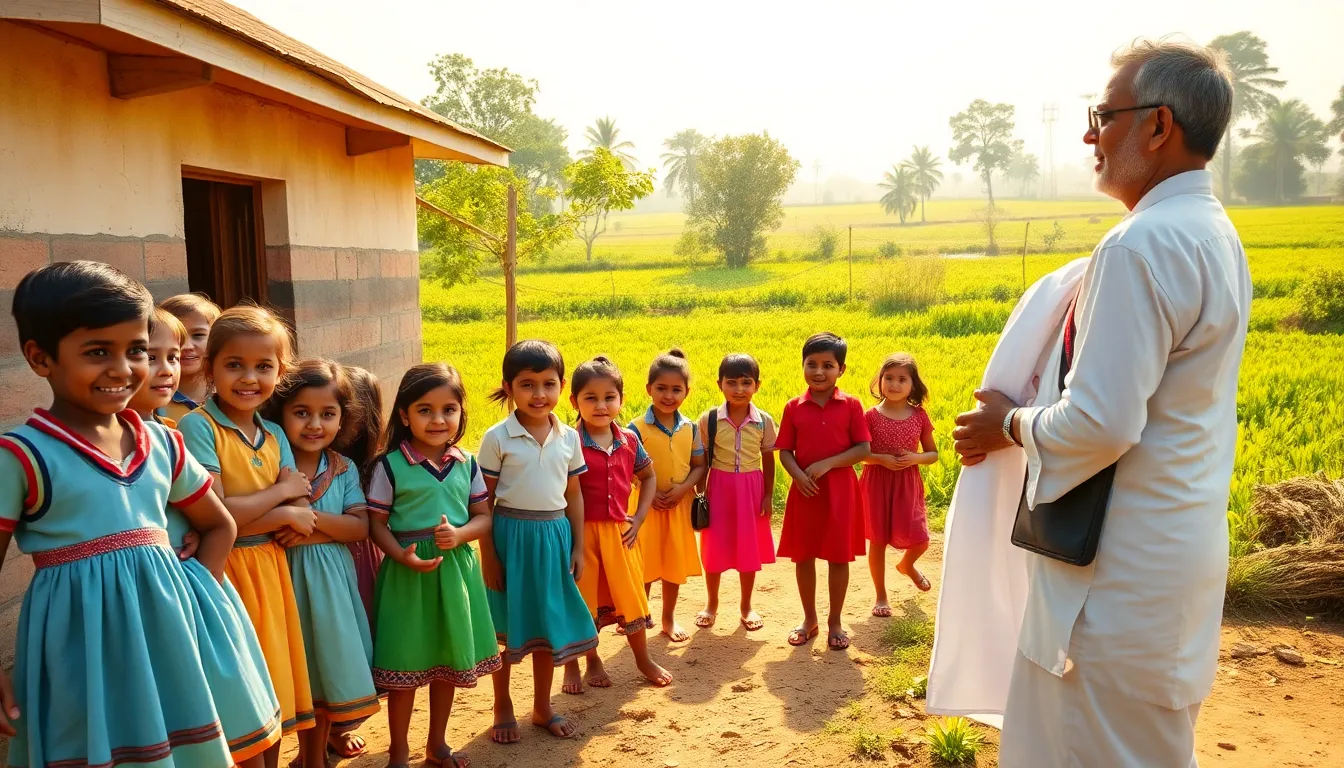The Right to Education (RTE) law in Gujarat has seen a significant increase in student enrollment over the last twelve years. This year, a historic 95,494 students have been granted admission under the RTE scheme. Previously, the number of admissions was only 432 when the law was first implemented in 2013. The RTE law aims to provide free and quality education to all children, especially those from economically weaker backgrounds.
Starting from this academic year, the income limit for parents to qualify for RTE has been raised to ₹6 lakh. This change allows more families to benefit from the scheme, helping an estimated 40,000 additional children access free education in private schools.
Education Minister Dr Kuber Dindor and State Minister Mr Praful Panseriya have played key roles in this decision. They believe that increasing the income limit is a sensitive step towards ensuring every child receives quality education. Previously, the income limit was ₹1.20 lakh for rural families and ₹1.50 lakh for urban families.
Since the introduction of the RTE Act, the Gujarat government has provided substantial support to students. Over ₹1,057 crore has been disbursed to more than 6 lakh students, covering various educational expenses such as uniforms, books, and transport through direct benefit transfer (DBT). Gujarat is the first state to offer ₹3,000 annually to students for purchasing study materials.
The RTE law is not just about free admission; it marks a significant step towards educational equality in the state. The government has granted a total of ₹3,723 crore to schools under the RTE scheme, which includes ₹2,665 crore for fee reimbursement and ₹1,057 crore for student assistance.
Despite these advancements, challenges remain. Some parents insist on specific schools outside the 6 km radius, or prefer certain languages of instruction. These factors can hinder many children from obtaining admission under the RTE scheme.
The RTE Act ensures that 25% of seats in unaided private schools are reserved for children from disadvantaged groups, making education accessible to those who need it most. This year’s increase in admissions underlines the success of RTE in bridging educational divides.
In conclusion, the RTE law continues to be a beacon of hope for many families in Gujarat. It not only provides access to education but also fosters the dream of a better future for children. The government’s initiative to raise the income limit will undoubtedly open doors for many more children to receive quality education and achieve their aspirations.


Leave a Reply